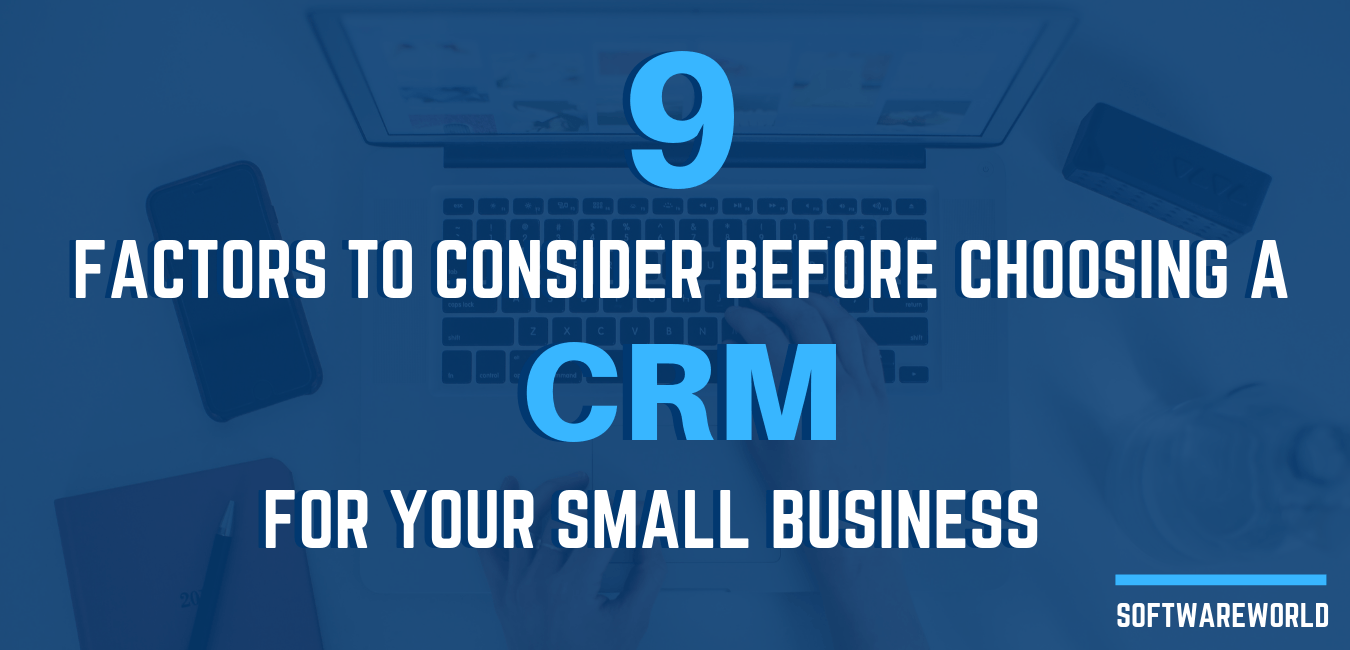Table of Contents
Picture this.
You’re in the middle of your hiring process. You’ve shortlisted some outstanding candidates out of the hundreds of applicants. In fact, the process of background checks on these prospective employees is about to come to an end, too. And soon, it will be time for you to make the final decision of selecting the right candidate for your company.
However, just before this final selection and right after the background checks, organizations follow a process called background check adjudication. This process is at the core of either accepting or rejecting a candidate.
Wondering what is adjudication in a background check? Or what does it include, and how should you go about it?
Keep reading, and we’ll find out everything in detail.
By definition, background adjudication is the process of evaluating background screening results of candidates against the hiring policies and criteria of your organization. The aim of this process is to make the right call on whether you should hire a particular candidate or turn them down.
Let’s understand through an example. Suppose you want to hire a senior managerial position in your company. You find out during the background check that the candidate you had shortlisted has a strange record of quitting their roles in a span of just a few months. Now, your organization’s hiring policy for such a senior role clearly states to hire candidates with stable, impressive past employment. Someone who’s served a company and contributed to its growth for at least two years.
Thus, even though the candidate may tick all the other boxes in terms of qualifications, skills, and abilities in this case, you can’t go ahead and hire them.
Doing a background check adjudication criteria check comes across as an additional burden after a thorough background screening process. And it’s not just you, many organizations think the same.
But let us tell you that having an adjudication process in place can benefit your entity in more ways than one. Adjudication can not only streamline but also strengthen your recruitment. All while ensuring that the company always stays in line with the values and culture it started with.
Here’s how background check adjudication will make a difference to your hiring activities and business at large:
With background adjudication, it becomes simpler for your organization to carry out a fair hiring process. Adjudication ensures that all the applicants are screened against the same recruitment policies and criteria. That, in turn, keeps hiring managers from making hiring decisions depending upon any type of bias or their personal preferences.
That’s not all. Adjudication also helps you adhere to the local and state laws set by the government for hiring. Take, for example, complying with the no discrimination policy or equal employment opportunity while hiring.
Such fair recruitment policies add to your goodwill, branding your organization as an equal opportunity employer among candidates and attracting top talent.
A formalized background adjudication process makes sure that you stay aligned at all times with the latest state regulations and laws regarding hiring. This is especially important in critical industries such as healthcare, public service, and education.
It’s also important to note that every country has its own set of rules when it comes to verifying candidate details across areas. For example, you can only do a basic check for criminal history when hiring for certain roles that don’t risk public safety in the United Kingdom. So, if you’re a business with global operations, adjudication will make compliance with local policies smoother.
Carrying out detailed reviews of candidates’ background checks alongside your organization's policies helps minimize and avert errors in the recruitment process. That’s because you have the rules and criteria out there in black and white to fall back on. That, in turn, enables you to focus on the pool of the best-fit candidates without much hassles.
The result? You end up saving your precious time, as well as the cost of hiring, significantly, making faster yet informed decisions. Besides, your recruitment process turns all the more efficient even when you conduct mass hiring.
For companies operating in multiple locations within or outside a country, maintaining a consistent hiring process can be tricky. That’s where adjudication can make a difference.
It allows you to outline clear steps and pointers for recruitment policies to follow across offices. Moreover, it takes the hassle out of adhering to the varying laws and degrees of regulations different states or nations may have. That makes it easier to go by the rulebook without compromising your hiring procedures. So, whether you’re hiring an intern or a senior executive, maintaining consistency is never a hurdle.
One of the most vital benefits of implementing solid background check adjudication guidelines is having documentation proof. Yes, everything from your hiring process and background screenings to the results of those background checks find support in the written word. What’s more? How you have used these results against your recruitment criteria is also recorded. So, if ever a candidate, after being rejected, puts allegations on your firm for unfair hiring or discrimination, you have your documentation to prove them wrong and defend your decision with facts.
Background check adjudication is essential for a healthy hiring procedure.
But are you wondering how should you go about it?
Let’s move on to discover the industry's best practices to help you make the most of your adjudication process.
To ensure a smooth background check adjudication, it is imperative to form relevant and reliable hiring policies. Assess your current hiring policies and make amends if they fall short of the general industry norms. It is also crucial to re-assess from time to time whether your hiring criteria align with the state laws.
What’s more? Make sure your hiring criteria for each role in your organization are relevant to the respective position. Checking a graphic design intern’s credit history doesn’t make sense, after all.
The most important of all is to have the deal-breakers clearly mentioned in your policy to save everyone’s time.
There are always two sides to the coin, they say. Keeping that in mind, it’s a good practice to allow candidates to share their stories. It can add context to the data and information you’ve collated. Besides, it can bring immense clarity to their circumstances, and their after-effects, and throw light on the corrective actions. All of it, as a bunch, facilitates the forming of an informed perception and judgment, making way for an unbiased recruitment practice.
Make sure that your adjudication guidelines are applied to all the candidates contending for the same position. There should be absolutely no bias or discrimination in your background screenings or policies based on say, the gender, color, or religion of the candidates.
For the adjudication process to work effectively, it is important for your adjudicators to understand it thoroughly. Thus, sit down with your adjudication team to have a detailed conversation about policies. Talk about what works and what doesn’t work when it comes to eliminating or disqualifying a candidate. Set clear definitions. If you’re using background check software, train them to use it effectively. Make sure to avoid jargon in your policy, especially when dealing with criminal or legal history checks.
Doing so ensures that the information is utilized the right way and the outcome is bias-free.
As the organization grows, the hiring policy changes over time. And so do the background check processes and adjudication terms & conditions. As a result, it only makes sense to come back to the information that makes up your adjudication guidelines and make relevant updates when needed.
You may no longer require certain records before hiring, for instance, so it’s fair to eliminate them from the book. Or you may have a renewed and relaxed outlook on a certain policy. In such a scenario, it would be wise to amend the rules accordingly to speed up the overall hiring process.
A comprehensive background screening process is both time-consuming and tiring. You have to go through paper after paper to get accurate details and present reliable findings.
The good news is, you don't have to do it all on your own. There are many service providers who do the heavy lifting for you. They carry out the screening on your behalf and give you a thorough background check report. All you need to do is share the basic details for them to get started. The best part? These third-party service providers comply with all the background check guidelines.
Opting for such a service would not only save you precious time and resources but also turn your adjudication process faster and more efficiently.
You’ve done all the background screenings and adjudication. Now, after carefully analyzing the findings, you are not hiring the candidate. In this case, you’re required to send the candidate an adverse action notice.
In simple words, adverse action notices are the way to inform the applicant about your decision to not hire them. Such notices are sent in two parts: the pre-adverse action notice and the final adverse action notice.
The former is issued first and it has detailed information that made the company consider taking this decision. Candidates can use this if they wish to clarify, correct, or dispute the information for inaccuracies or incompleteness. The latter refers to the final notice that informs the applicants that they won’t be hired with the report summary that shaped this decision along with their further rights.
Please note that the final adverse action notices are sent after the candidates have been given sufficient time to respond to the pre-adverse notice.
A powerful, optimized, and thorough background check adjudication process is critical to your organization's hiring policies. It not only improves your recruitment procedures but also boosts your time-to-hire significantly while controlling hiring costs. On top of that, it keeps personal biases at bay during the decision-making process. If you’re not using adjudication already, it is time to revamp your hiring policies with the background check adjudication guidelines that we explored in this blog.



